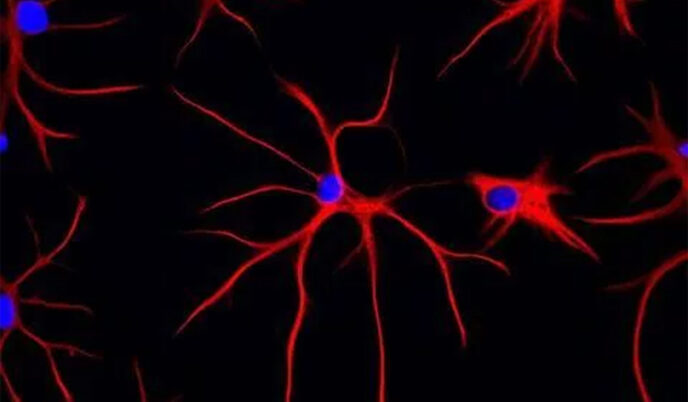
Thomas Mackie to lead new joint innovation initiative between UW Health and School of Medicine and Public Health
UW Health has selected Thomas “Rock” Mackie to be the inaugural leader of the health system’s innovation initiative, which it is pursuing in partnership with the UW School of Medicine and Public Health.

First Carbone Cancer Center patient receives experimental therapy to prevent infections during chemotherapy
Michael Toelle, superintendent of the Tomorrow River Schools, recently became the first patient at the University of Wisconsin Carbone Cancer Center to be infused with an experimental cellular therapy designed to prevent infections in leukemia patients.

Wisconsin researchers well-represented at international radiation oncology conference
The 60th annual meeting of the American Society for Radiation Oncology (ASTRO), the world’s premier radiation oncology society, got underway this week in San Antonio, Texas, with a strong Wisconsin presence.

UW study: Inherited brain pathway underlies the risk for anxiety and depression
In studies of young rhesus monkeys, researchers from the University of Wisconsin Department of Psychiatry have discovered brain pathways that underlie children’s vulnerability to develop anxiety and depression later in life.

UW Carbone blood researchers to present at hematology conference
When dozens of University of Wisconsin blood researchers escape to sunny San Diego this weekend, they will not just be there for the weather – they are attending the American Society for Hematology’s (ASH) Annual Conference.

Many patients get chronic headache relief from functional nasal surgery
A review of 39 studies by researchers at the University of Wisconsin School of Medicine and Public Health shows functional nasal surgery can reduce or eliminate chronic headaches in some patients.

Mutations in key blood cell protein disrupt development, predispose to leukemia
When a key gene in blood cell development, GATA-2, is mutated, it causes a predisposition to the development of acute myeloid leukemia (AML), and the changes in GATA-2 were believed to diminish its protein function.

Collaborative project seeks to develop ‘patient safety passport’
A fall sends an elderly woman to the emergency room. After a short hospital stay, she returns to her nursing home, where she avoids walking for fear of another slip. In the meantime, though, she develops a blood clot that prompts another trip to the emergency room.

Mutation in common protein triggers tangles, chaos inside brain cells
A pioneer in the study of neural cells revealed how a single mutation affecting the most common protein in a supporting brain cell produces devastating, fibrous globs.

Researchers discover cause for rare genetic blood disorder
An eight-year quest to find the cause of a disease has apparently ended now that scientists at UW–Madison have identified the mutations that produce a form of myelofibrosis, a rare genetic blood disorder.

Clinical prospects for stem cells begin to emerge
Twenty years after the University of Wisconsin–Madison’s James Thomson derived the first human embryonic stem cell lines (ESC), his revolutionary discovery is just beginning to emerge on the clinical landscape.

UW-Madison study is first to link cadmium exposure to lower ability to see contrast
Cadmium exposure may increase the risk for problems with a key component of good vision, according to a new study from the University of Wisconsin School of Medicine and Public Health.